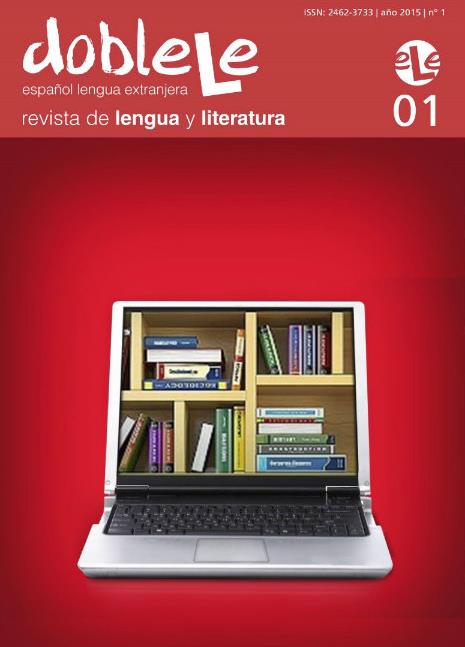More grammar, more than grammar. On Cognitive Linguistics and teaching of Spanish as a foreign language
Article Sidebar

Main Article Content
Zeina Alhmoud
Universidad de Granada
Alejandro Castañeda Castro
The preponderance in linguistics, especially during the latter part of the 20th century, of the models based on the Chomskyan orientation has led to a non-convenient dissociation between the priorities of the description and formalist linguistic explanation, and the characteristic needs of the foreign languages teaching field, especially the ones related to the communicative- oriented didactic models and the ones derived from them. This article presents some reflections from which different conclusions are deduced; these are related with the orientation that teaching grammar contents can adopt in the Spanish classroom if we follow the characteristic point of view of the cognitive linguistics in general, and the cognitive grammar in particular.
Keywords
teaching, Spanish as foreign language, cognitive grammar
Article Details
How to Cite
Alhmoud, Zeina; and Castañeda Castro, Alejandro. “More grammar, more than grammar. On Cognitive Linguistics and teaching of Spanish as a foreign language”. Doblele: revista de lengua y literatura, vol.VOL 1, pp. 102-35, https://raco.cat/index.php/doblele/article/view/316342.
Rights
Copyright
Els autors que publiquen en aquesta revista estan d’acord amb els termes següents:- Els autors conserven els drets d’autoria.
- Els textos publicats en aquesta revista estan subjectes –llevat que s'indiqui el contrari– a una llicència de Reconeixement 4.0 Internacional de Creative Commons. Podeu copiar-los, distribuir-los, comunicar-los públicament i fer-ne obres derivades sempre que reconegueu els crèdits de les obres (autoria, nom de la revista, institució editora) de la manera especificada pels autors o per la revista. La llicència completa es pot consultar a https://creativecommons.org/licenses/by/4.0/.
- Els autors són lliures de fer acords contractuals addicionals independents per a la distribució no exclusiva de la versió de l’obra publicada a la revista (com ara la publicació en un repositori institucional o en un llibre), sempre que se’n reconegui la publicació inicial en aquesta revista.
- S’encoratja els autors a publicar la seva obra en línia (en repositoris institucionals o a la seva pàgina web, per exemple) abans i durant el procés de tramesa, amb l’objectiu d’aconseguir intercanvis productius i fer que l’obra obtingui més citacions (vegeu The Effect of Open Access, en anglès).